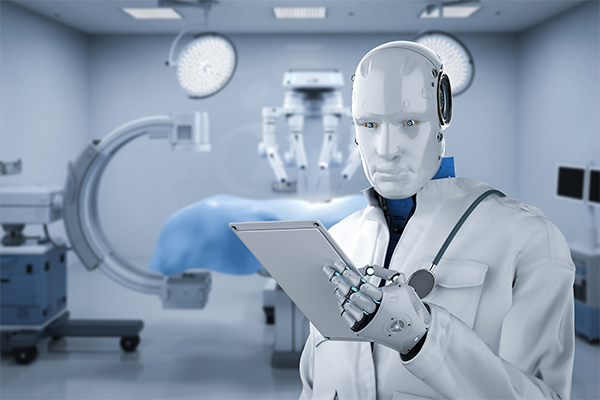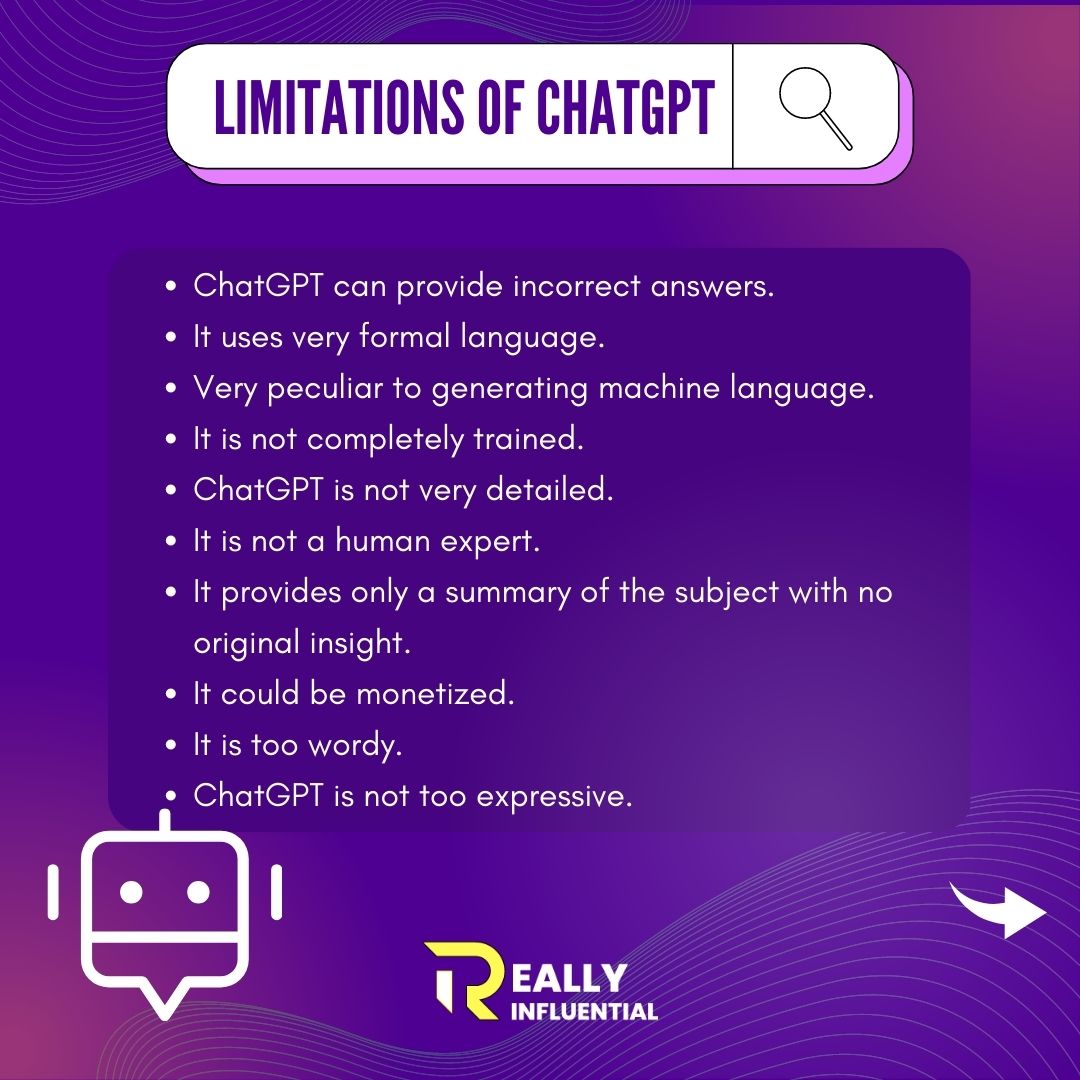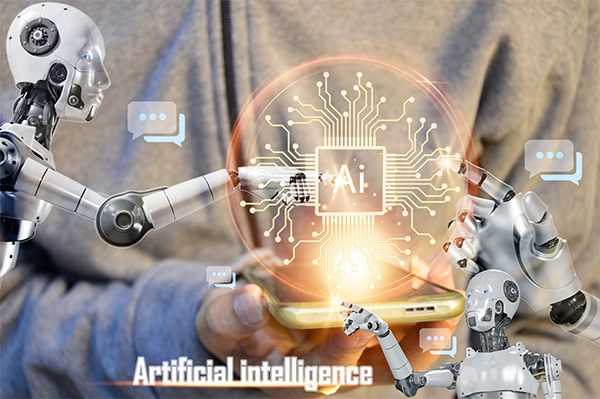In the recent past, the advent of ChatGPT, which is an interactive AI tool, has led to mass awareness about the disruptive potential of AI and the impacts that can be seen in the upcoming days. Does that mean Could AI surpass human intelligence? Let’s find out.
AI, which has evolved since the late 1950s through the nascent mathematical models has grown to become a leading research subject with an interdisciplinary approach to overcoming previous barriers to our mental reach. Features like facial recognition, which are being widely used by the government to help the investigation as well as by airports like DigiYatra have eased the comfort of citizens.
- AI in Healthcare

AI, through its advanced pattern recognition algorithms, has helped in advancing the diagnosis of disease from various tests that were previously not able to give prompt results. For example, the recognition of tuberculosis from chest X-rays or recognizing a tumor in a CT scan has enhanced the medical treatment landscape.
- AI in Communication

AI is also helping to bridge language barriers between different people. The government, through its Bhashini app initiative, is also delivering information in various regional languages, all with the help of AI. Recently Supreme Court has also initiated SUVAS which makes available the judgments in regional languages all helping towards reaching the last mile.

- AI in Transportation

Autonomous vehicles now have become a common reality with semi-automatic cars becoming available in the Western world all due to ever-advancing research in driving models for different countries. Many Indian startups are also engaging with this facet of AI.
Visit: top smartphone processors for android lovers
- AI in Science

The ever-growing zeal of scientists has led to the development of a model of the brain itself by the use of AI such as Alpha Fold, which is changing our understanding of the brain and only the sky is the limit. The study of the brain can lead to various discoveries which in turn can eliminate our mental limitations.
- AI in Engineering

In the engineering domain, large-scale models that are not feasible to simulate using normal machines or lack the amount of testing data required are being helped by AI since the generative models of AI can now generate good quality test data that can mimic the actual physical data.

- AI in Data

Big tech companies are even creating virtual augmented realities like Metaverse, which is feasible because of the evolution of AI to accommodate huge data required to be analyzed.
Lastly, the government is using AI to better analyze the data patterns in various surveys for quality delivery of services and also implement various e-governance initiatives. Through these models, the intended citizenry is identified as beneficiaries.
Visit: how to create nfts
AI vs Human Intelligence

However, artificial intelligence, aptly suiting the word “artificial”, since it is lacking in expanding our mental capabilities beyond what is tedious, the models are passed on mimicking only what it is trained for.
Currently, AI involves many ethical concerns, which have a basic tenet, “Can we create consciousness?”. AI lacks emotional intelligence as of now, which is currently the only differentiator between it and humans. The idea that humans can think within a context as well as with knowledge of emotions makes the decisions more connected to the care.
The challenge lies in the tussle between two groups of researchers, one which favors the development of AI which can breach human intelligence as well as gain wisdom, and the other one which is against the growth in this dimension, as the fear AI can become sentient and get out of hand. The call for AI labeling of various content created is a reflection of this.
Recently, when a news bulletin was created and narrated by an AI news anchor, it was non-differentiable for human eyes except experts to identify the news being delivered by AI. This again raises the question, “What will happen when AI and humans become non-differentiable?”
Since current AI lacks emotional intelligence, it cannot differentiate between right and wrong. Often it leads to biases and various anomalies, thus AI cannot go beyond our mental horizon. Also, AI is trained on personalized data, so it can essentially only mimic their behaviors, thus a bad master will lead to a bad AI which can be misused, as seen in various dimensions.

Issues like spamming, swarming, and financial fraud are becoming easily available due to advanced models. Therefore, AI for unethical people can act as a destructive tool if not checked properly. The prevalence of deepfakes has also led to misinformation to an extent. Miscreants are creating fake videos of politicians, thus affecting security and law and order.
Visit: how to use blockchain wallets
The debate around the use of AI by students in their work is also centered on the mental creativity of humans, which can be diminished if there is a tool that bypasses the learning methods altogether.
There is a real fear of loss of jobs due to the faster adoption of AI in various service sector jobs, which impacts the balance between automation and the employment of human labor. Rapid development in AI without re-skilling the workforce can lead to massive unemployment. Governments need to expand the scope of jobs available for citizens to avoid a state of distress.
Visit: Is artificial intelligence dangerous
AI has seen rapid growth in the past decade due to the advancement in semiconductor industries. Still the question of whether could AI surpass human intelligence lies within the balance between its ethical usage as well as supplement to human intelligence which can enhance the understanding of yet unsolved complex phenomenon.

